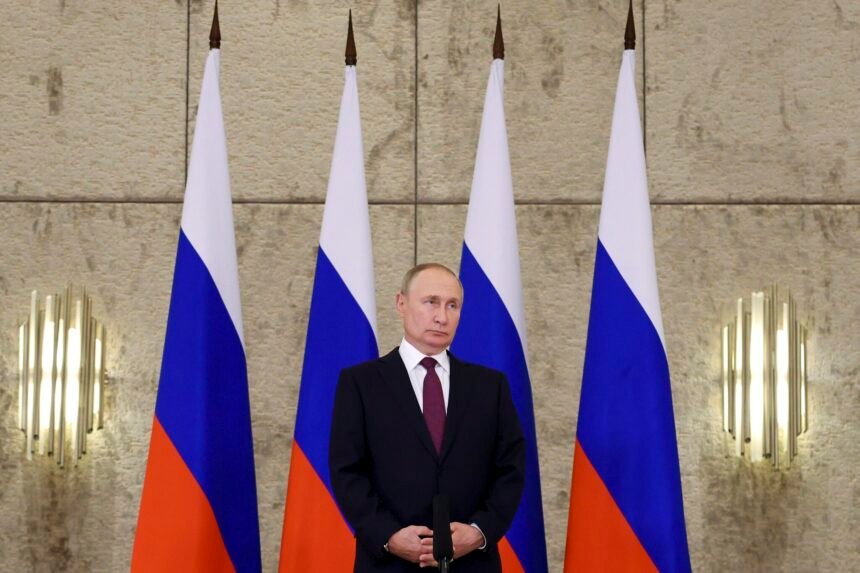Russian President Vladimir Putin is set to embark on a working visit to Saudi Arabia and the United Arab Emirates (UAE) on Wednesday, according to an announcement from the Kremlin. This visit comes at a time when Moscow finds itself increasingly isolated on the global stage due to the ongoing conflict in Ukraine.
Putin’s international travels have been noticeably limited since the deployment of Russian troops to Ukraine, a move that has sparked widespread condemnation. The situation escalated further when the International Criminal Court (ICC) issued an international arrest warrant for Putin on charges of war crimes, specifically accusing him of unlawfully deporting Ukrainian children.
Despite facing such international scrutiny, Putin’s decision to visit key Middle Eastern allies signals Russia’s commitment to maintaining diplomatic relations beyond the confines of its regional challenges. The visit is likely aimed at bolstering economic ties, exploring strategic partnerships, and potentially seeking support on the diplomatic front.
Kremlin spokesman Dmitry Peskov emphasized that this visit is framed as a “working visit,” indicating a focus on substantive discussions rather than mere ceremonial gestures. The choice of Saudi Arabia and the UAE as destinations is strategic, considering both nations play significant roles in the geopolitics of the Middle East and have established themselves as key players in global energy markets.
More About Putin’s Visit UAE:
Saudi Arabia, as the largest oil exporter in the world, holds considerable influence in global energy dynamics. The UAE, with its economic diversification efforts and strategic positioning as a regional hub, is an important player in the Middle East. Russia’s outreach to these nations may be an attempt to forge economic partnerships that could mitigate the impact of Western sanctions imposed in response to the Ukraine conflict.
While the timing of Putin’s visit raises eyebrows, the dynamics of international diplomacy often involve complex considerations. As Russia faces isolation from traditional Western allies, it seeks alternative alliances to maintain its global standing. The Middle East, with its geopolitical significance and economic prowess, presents itself as a viable region for such diplomatic endeavors.
However, the visit also puts these Middle Eastern nations in a delicate position, as they navigate the fine line of maintaining relations with Russia while being cognizant of the international community’s concerns over the Ukraine conflict. The geopolitical chessboard is ever-changing, and Putin’s visit will undoubtedly be closely watched for its potential ramifications on the global stage.
As the world observes these diplomatic maneuvers, questions linger about the possibility of a shift in alliances and the broader implications for international relations. Putin’s visit to Saudi Arabia and the UAE adds a new chapter to the ongoing saga of global geopolitics, where strategic interests and diplomatic calculations continue to shape the course of events.
